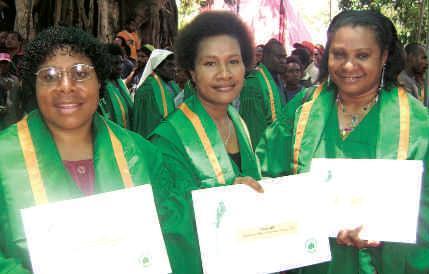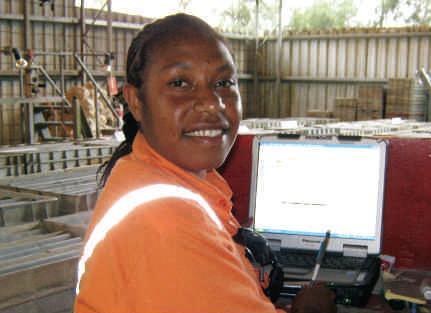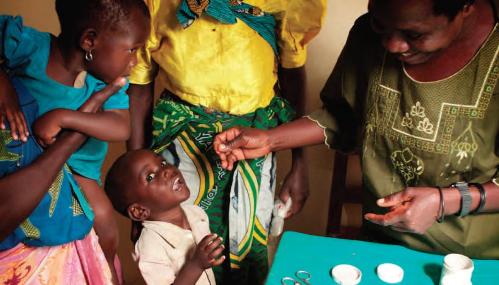Human Rights Watch is one of the world’s leading independent organizations dedicated to defending and protecting human rights. By focusing international attention where human rights are violated, we give voice to the oppressed and hold oppressors accountable for their crimes. For 30 years, Human Rights Watch has worked tenaciously to lay the legal and moral groundwork for deep-rooted change and has fought to bring greater justice and security to people around the world. (Human Rights Watch website)
Systemic Failures Underscore Need for Canadian Government Regulation
February 1, 2011
(Toronto) – Private security personnel employed at a gold mine in Papua New Guinea have been implicated in alleged gang rapes and other violent abuses, Human Rights Watch said in a report released today. The Porgera mine has produced billions of dollars of gold in its twenty years of operation, and is operated and 95 percent owned by Barrick Gold, a Canadian company that is the world’s largest gold producer.
The 94-page report, “Gold’s Costly Dividend: Human Rights Impacts of Papua New Guinea’s Porgera Gold Mine,” identifies systemic failures on the part of Toronto-based Barrick Gold that kept the company from recognizing the risk of abuses, and responding to allegations that abuses had occurred. The report examines the impact of Canada’s failure to regulate the overseas activities of its companies and also calls on Barrick to address environmental and health concerns around the mine with greater transparency.
“We interviewed women who described brutal gang rapes by security guards at Barrick’s mine,” said Chris Albin-Lackey, senior business and human rights researcher at Human Rights Watch. “The company should have acted long before Human Rights Watch conducted its research and prompted them into action”.
Human Rights Watch said that in response to its investigation, Barrick has taken meaningful steps to investigate past abuses and make it less likely for similar abuses to occur in future.
Most of the world’s mining and exploration companies are based in Canada.























 This article is from the April 2009 issue of
This article is from the April 2009 issue of 

